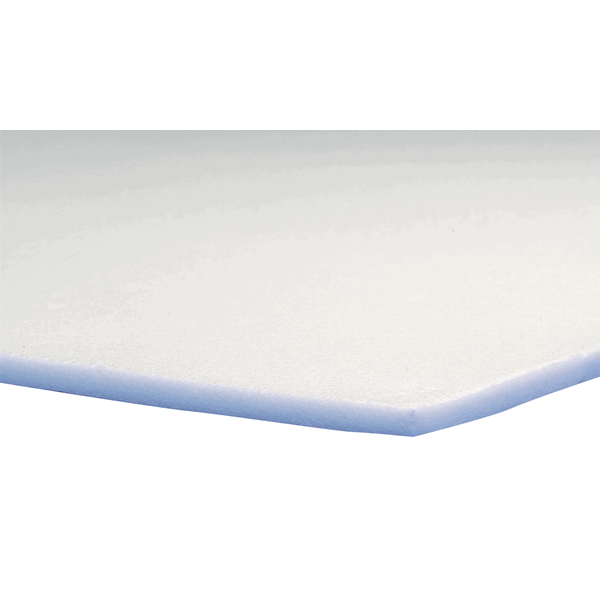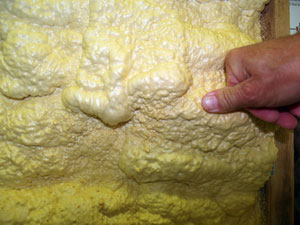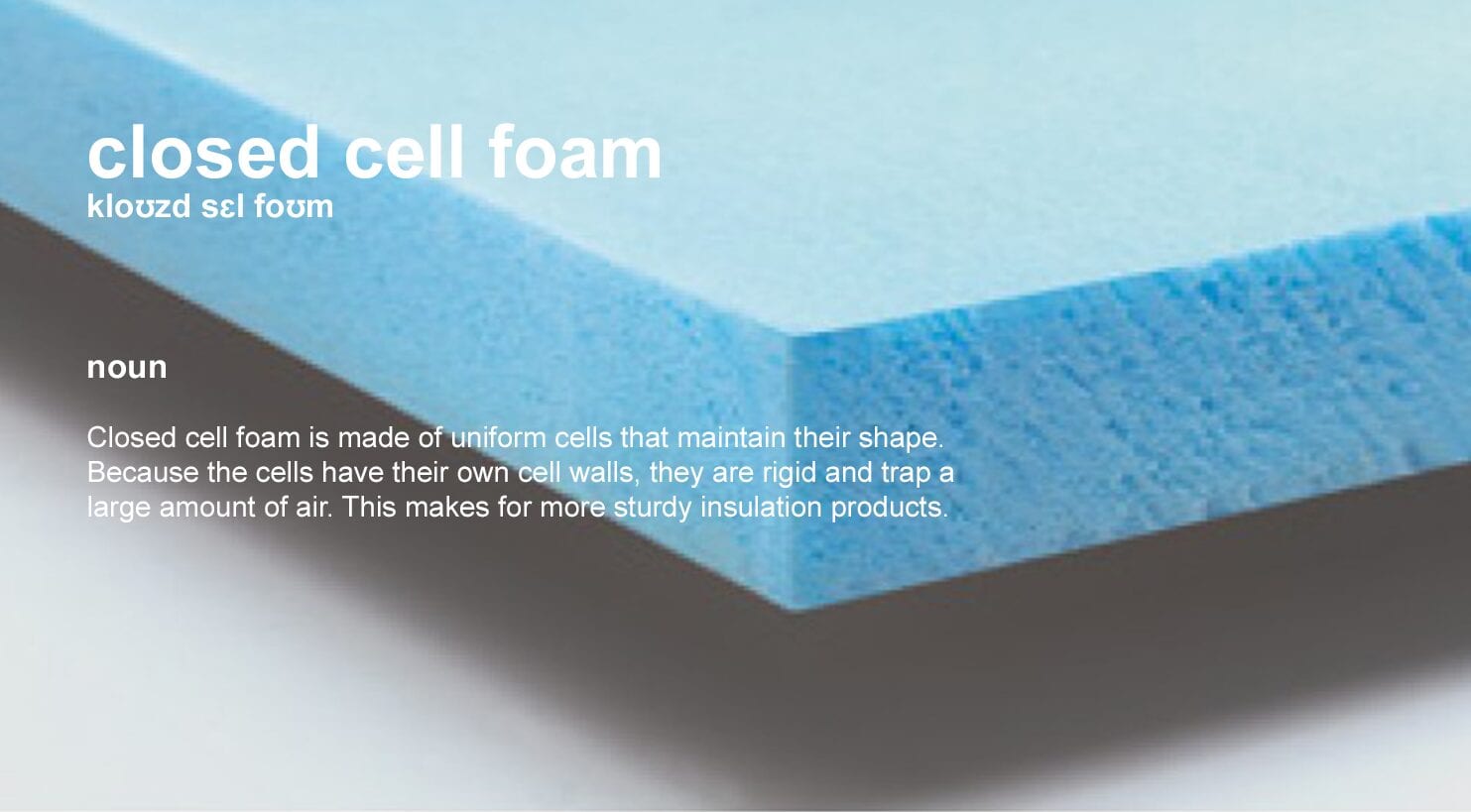

We have actually had a basement that we spray foamed with 3″ of closed cell foam get completely flooded for over 3 weeks. What happens when foam gets wet?Ĭlosed cell spray can take water for quite some time and not be adversely affected. If your basement is made of stone-and-mortar, closed cell polyurethane spray foam is the best type of insulation that will help with waterproofing your basement. To combat this, silicone coating is applied over spray foam. If you didn’t know, spray foam will degrade when exposed to UV rays. This is because spray foam is a renewable roofing system. Spray foam will stop a roof leak for as long as the building exists. Can you fix a roof leak with expanding foam? The sheets are highly resistant to most chemicals and solvents and do not absorb water, rot, decompose or dissolve in subgrade applications. They can tolerate extreme cold or heat and retain excellent strength, stability, and rigidity even at extreme heat. Instead, it’ll only absorb water and moisture that comes in direct contact with it. Will Spray Foam Keep Water Out and Stop Leaks in the Foundation and … Does foam board absorb water?ĭespite not being fully waterproof, styrofoam is non-hygroscopic, which means that it doesn’t absorb moisture from the air.

It is completely safe for this foam to be in contact with water for hours/days/weeks and even months with no adverse effects.

In basements and crawlspaces it can seal out the ground moisture and prevent that damp feeling and smell. The foams that we sell are considered closed-cell, which means that each cell that makes up the foam structure is completely closed off from surrounding cells which prevents it from acting like a sponge. It doesn’t absorb water and in case of flooding, won’t retain moisture and remains effective after the building is dried out. Unlike other materials used for insulation, spray foam is a moisture barrier. Ideal for filling large holes, voids, gaps around window and door frames and around exterior pipes. Moisture-curing, self-expanding foam adheres to all common building materials. Can foam insulation wet?įoam board insulation products are generally considered water and mold resistant but expanded polystyrene foam boards (EPS) have air bubbles that can collect moisture and become wet. A product branded as waterproof means that it offers complete impermeability, even if permanently immersed in water. Is Rigid Foam Board Waterproof? Technically, EPS and XPS rigid foam board insulation are considered to be water-resistant.


 0 kommentar(er)
0 kommentar(er)
